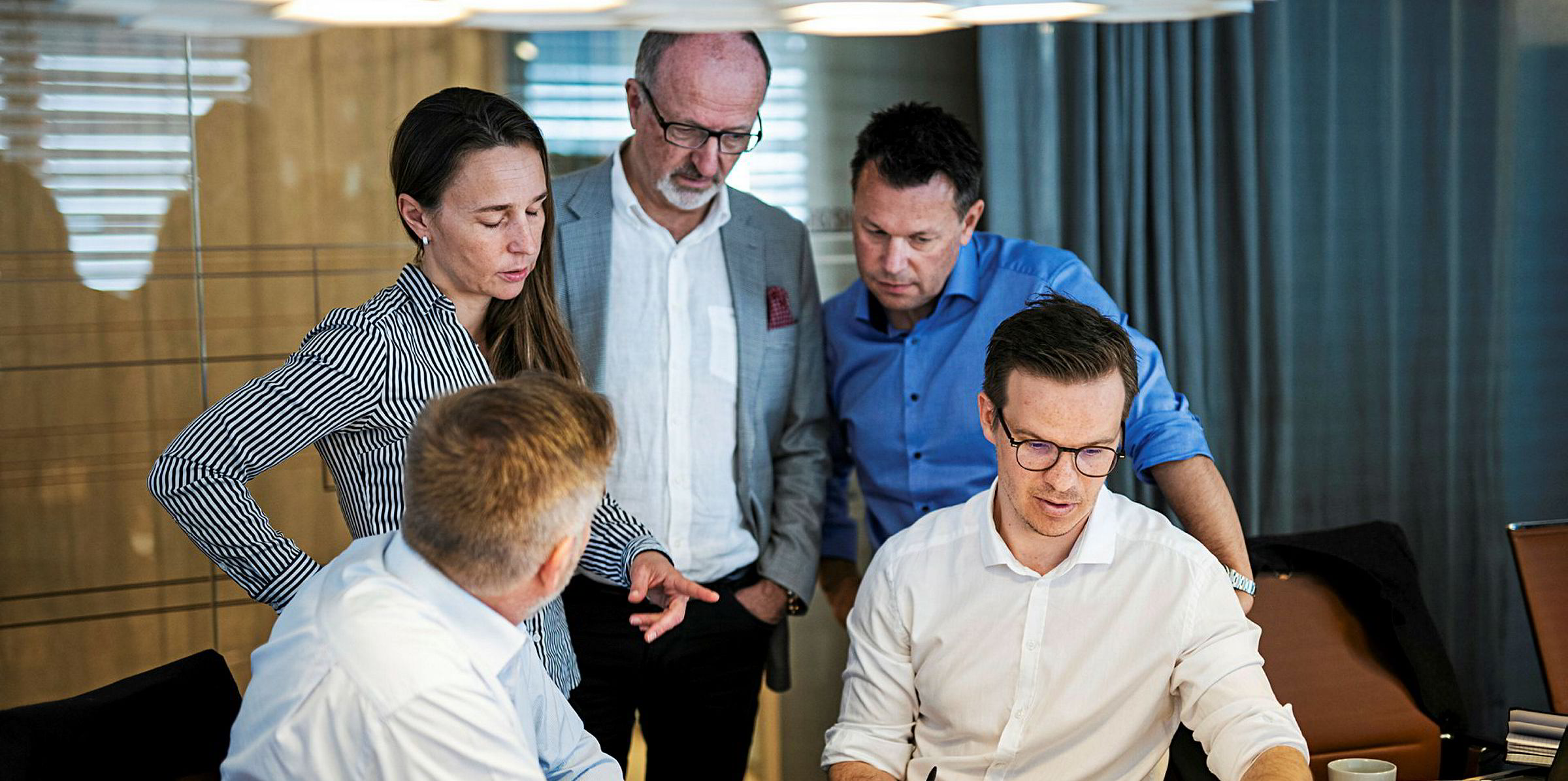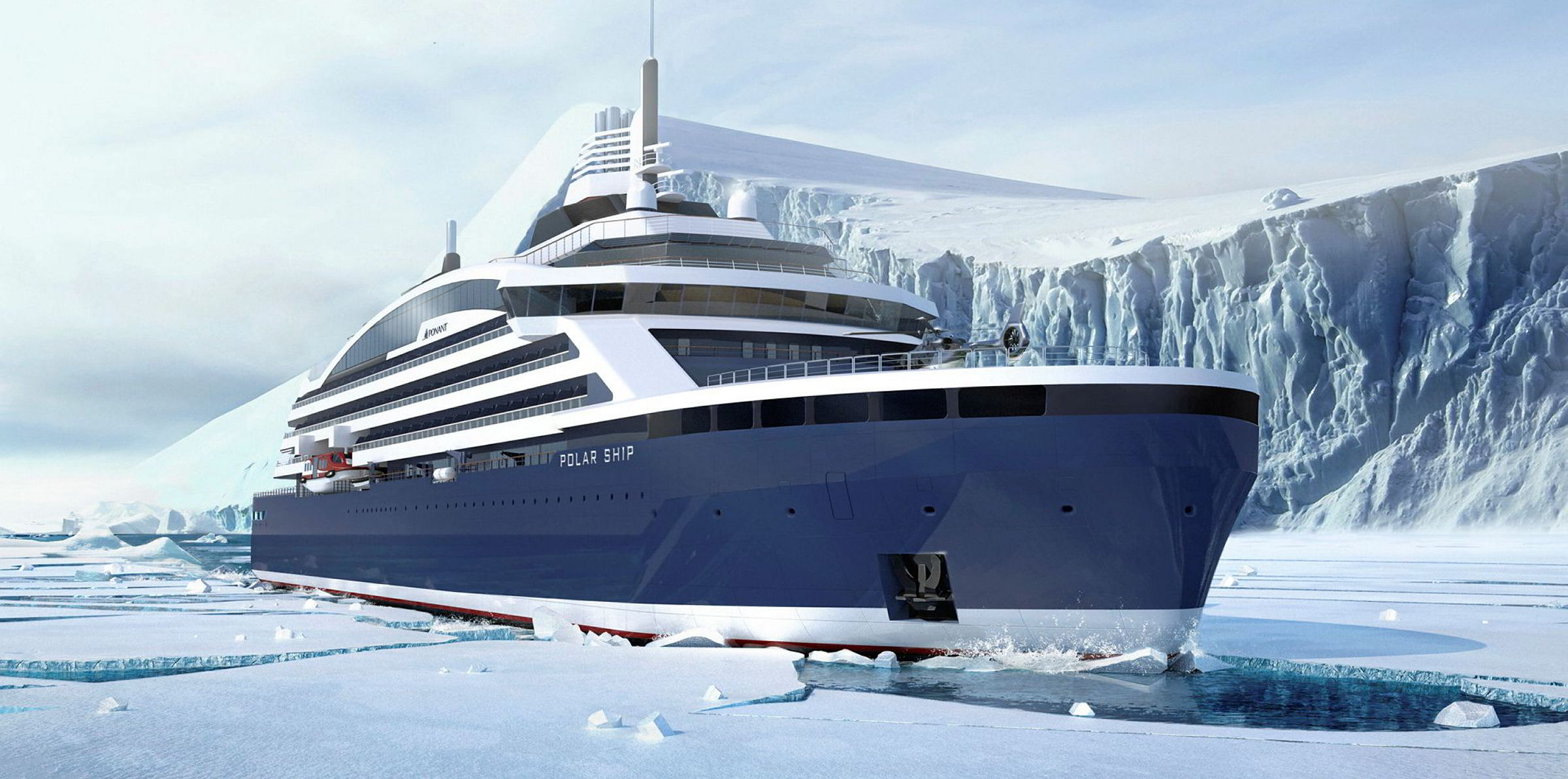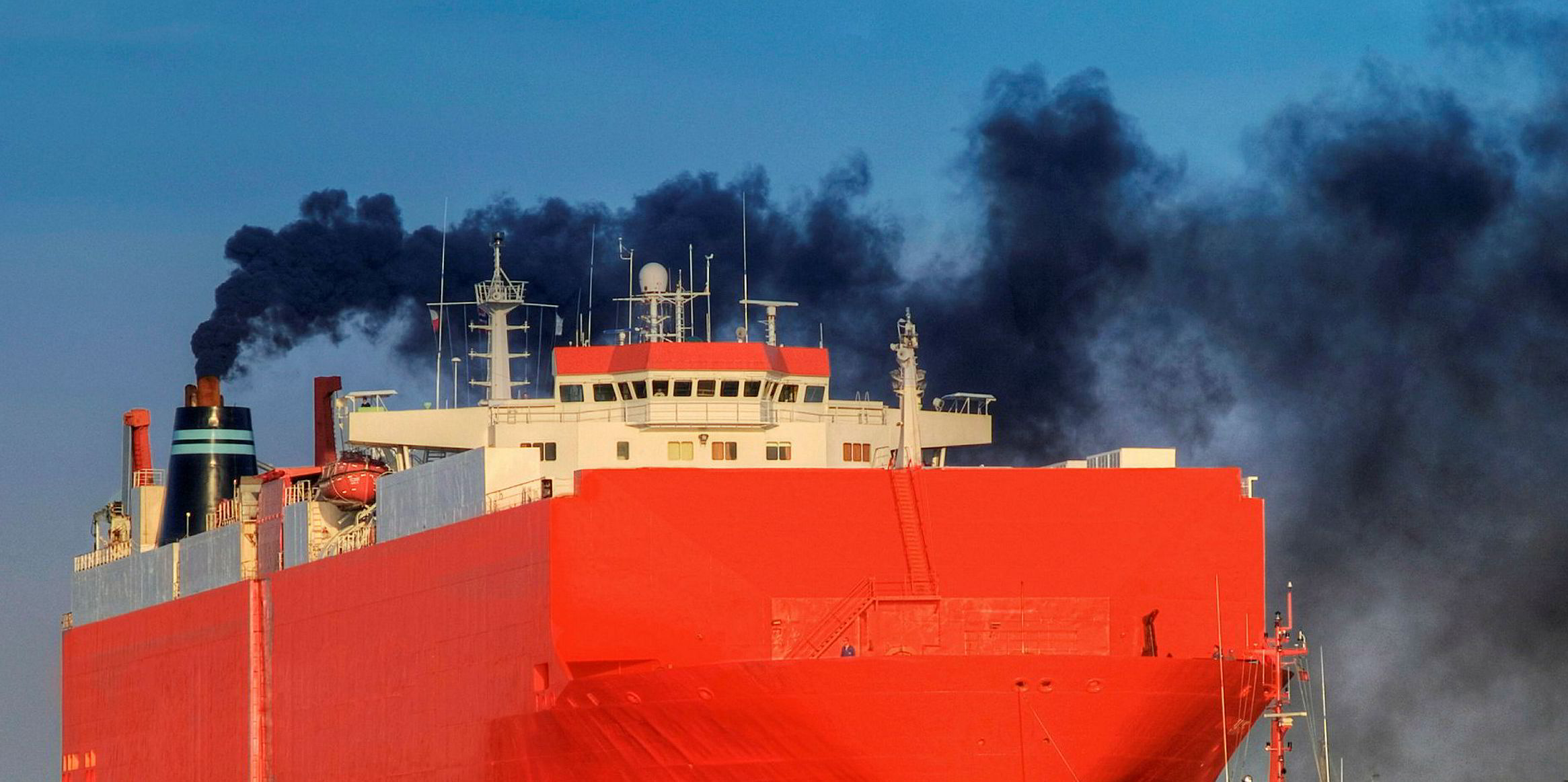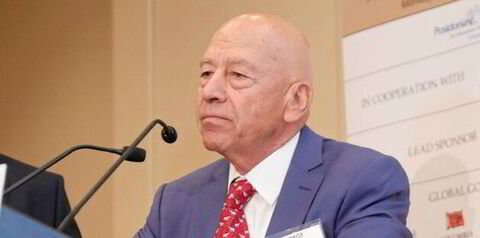Six companies in the Nordic countries have launched a joint project to share their maritime expertise in working towards an ultimate goal of low- or even zero-emissions shipping.
The initiative has come as research organisations — including the International Energy Agency — warn that IMO member states need to expedite development of low-carbon fuels or risk failure to meet emissions targets.
Initiated by Finnish ship technology provider Wartsila, the consortium of Zero-Emission Energy Distribution at Sea (ZEEDS) also includes ro-ro operator DFDS, bulker player Grieg Star, energy conglomerate Equinor, engineering firm Aker Solutions and engineering, procurement and construction specialist Kvaerner.
We as a company cannot solve this alone. We would like to bring in people. We come together to complement each other. We come together to see if we can find solutions for each other
Cato Espero, Wartsila
Over the past six months, the companies have held workshops sharing knowledge related to ship emissions — including the development of low-carbon fuels such as ammonia and hydrogen.
'Need people'
With input from the companies from different segments, project participants hope ZEEDS can help expedite the process in cutting greenhouse gas emissions from maritime transport.
“We as a company cannot solve this alone,” said Cato Espero, Wartsila’s marine sales director in the Nordics and Baltics. “We would like to bring in people.
“We come together to complement each other. We come together to see if we can find solutions for each other.”
Matt Duke, Grieg Star’s chief business processes officer, said: “We have been involved in terms of learning and sharing knowledge.
“It’s not obvious for us as a shipowner as to what will be the future engine design [for low-emission fuels].
“So we learn quite a lot with the technology partners to understand what are the opportunities out there.”
Experts have suggested that joint efforts in developing low-carbon fuels are necessary, as it is expected to be time-consuming to develop the required bunkering infrastructure and vessel engineering.
Using 2018 emissions levels as a baseline, the IMO aims to reduce international shipping's carbon intensity by 40% before 2030 and halve its total greenhouse gas emissions by 50% before 2050.
However, DNV GL has pointed out that the “carbon-neutral” fuels required to meet the decarbonisation targets have not yet been developed.
Government involvement
Espero, also the spokesman for ZEEDS, has called on governments to shape policies that support the development of clean-energy infrastructure — including a tax on carbon. He has urged regulators to provide a framework for the infrastructure.
In the long run, Espero says green shipping also has to be commercially viable.
“So far, we, the partners, have financed the [ZEEDS] process ourselves,” he said.
“And now we need to get the authorities onboard to show it’s possible to have clean shipping.
“We have to look at what’s possible to solve. You need to look at what’s possible [in terms of vessel operations]. It has to be profitable.”
Should the public or private sector bear the main costs in developing low-emission shipping?
Duke suggests governments should provide incentives — but there is no “black and white” answer.
“There should be a combination ... It could be a carrot-and-stick [approach],” Duke said.
With the development of new marine energy sources at a very early stage, ZEEDS hopes to broaden the knowledge-sharing base. Academics, investors, fuel producers, investors, logistics firms, governments and more shipowners are all welcome to join the initiative, according to Espero.
“I hope this can lead to partners all over the world,” he said.





